
Gabor Maté, MD, believes addiction comes from a history of trauma and has treated hundreds of Vancouver addicts with ayahuasca alongside Shipibo healers. | Image Source: Gabor Gastonyi via Wikimedia Commons
Last December, the new US “drug czar” Michael Botticelli surprised many when he publicly acknowledged that addiction “is not a moral failing.” This stance, along with the growing belief that the War on Drugs has failed, marks a radical and much-needed shift in authoritative opinion on addiction.
This new understanding has huge implications for the way we deal with addiction today, but fortunately, some professionals have already caught on. Dr. Gabor Maté is one such addiction specialist who’s ahead of the curve. He has worked with people struggling with addiction for 12 years as the staff physician at the Portland Hotel, a residence and resource center in Vancouver’s Downtown Eastside—North America’s most concentrated area of drug use. Dr. Mate’s work has taken a unique view on addiction therapy, arguing that addiction is not a merely physical, but a disease of isolation.
Addiction as a Poverty of Spirit
While the idea may seem new, Dr. Maté’s work has a foundation in research more than three decades old. Specifically, his work borrows ideas from a 1981 study called the Rat Park Experiment in which psychologist Bruce Alexander first showed addiction as our adaptation to isolation and purposelessness—what he calls a “poverty of spirit.” Alexander thought that people who are addicted have a void to fill. When they can’t fill it with love, community, and a sense of meaning, they fill it with whatever substitutes—or substances—are available.
Dr. Gabor Maté has taken the lessons from Rat Park to heart, treating addiction as a disease of isolation. His extensive experience with addicted individuals, along with years of research in brain development, takes this idea and runs with it: he believes that addiction is a direct extension of the coping mechanisms we develop early in life to deal with stress, trauma, or abuse.
When we are young, we use mechanisms like detaching ourselves to keep traumas from overwhelming us. But as we get older and those traumas are no longer relevant, the attitude still sticks. It’s difficult to get close to others, and we don’t develop a stable community or identity. We feel empty or uncomfortable in our own skin. We are told that these problems are ours and ours alone, and we don’t know how to resolve these feelings. So people turn to drug abuse or compulsive behaviors, which temporarily numbs instead of providing lasting relief. We find substitute identities in subcultures based around drugs (like the “junkie” culture of heroin mystique) or compulsive habits, which seem attractive but only reinforce destructive behaviors.
Dr. Maté’s Unusual Addiction and Psychedelic Breakthrough
Though a well-respected physician, Dr. Maté freely acknowledges his own unusual addiction: he compulsively buys classical music. It can seem laughable to compare it to a hardcore drug addiction, but there are strong parallels. His compulsion has caused him to lie to his family and even jeopardize the safety of others—he soberly relates a particular experience as a family medicine practitioner when he ran out on a patient in labor to go buy CDs. Despite his shame, he kept returning to this compulsive shopping. Addiction is not always to the substances we expect, and it can arise in anyone who has experienced dislocation or trauma, no matter how protected they are by money or status.
Dr. Maté believes that we can only resolve this emptiness by turning inward. It takes a spiritual, healing experience to undo the detachment and reconnect with ourselves. Recognizing its psycho-spiritual healing capabilities, he advocates ayahuasca as a source of treatment for these issues. Braving legal action, he has successfully used it alongside healers trained in the Shipibo tradition to treat hundreds of patients, many of whom report significant breakthroughs. Like many successful psychedelic practitioners, he has undergone psychedelic treatment himself, which not only helped him confront his own addictive complex but helped him better understand those he would treat.
Dr. Maté describes his first ayahuasca ceremony as a revolutionary moment in his life:
“I sat there in the dark with my heart open and a feeling of delicious nurturing warmth, the tears of joy rolling down my face, and I got love. And I also got how many ways in my life I had betrayed love and had turned my back on it, which is a coping pattern, because when you’re as vulnerable and hurt as a child as I was as a Jewish infant under German occupation in Hungary, then you close down to love because it’s too painful to be open to it. The ayahuasca got rid of my coping mechanisms in a flash, and there I was experiencing something, and I knew then that this is something to work with.”
The importance of a breakthrough like this cannot be understated when dealing with serious traumas like addiction. Psychedelic therapy—which generally involves conscious communication alongside medicines like ayahuasca or ibogaine—helps us revisit and defuse past traumas that may underlie addiction. Revisiting, recontextualizing, and coping with these traumas help clear the psyche for the road to recovery. Without deep-seated sources of pain and alienation, we are free to connect with others without fear and reclaim the community for which addiction served as a substitution. There’s no doubt that we still have a lot to learn about addiction and the healing properties of psychedelic therapy. But meanwhile, work like Dr. Mate’s provides hope that we can break down our coping mechanisms, reconnect with our spiritual core, and discover new meaning and purpose in life.
Without deep-seated sources of pain and alienation, we are free to connect with others without fear and reclaim the community for which addiction served as a substitution. There’s no doubt that we still have a lot to learn about addiction and the healing properties of psychedelic therapy. But meanwhile, work like Dr. Mate’s provides hope that we can break down our coping mechanisms, reconnect with our spiritual core, and discover new meaning and purpose in life.

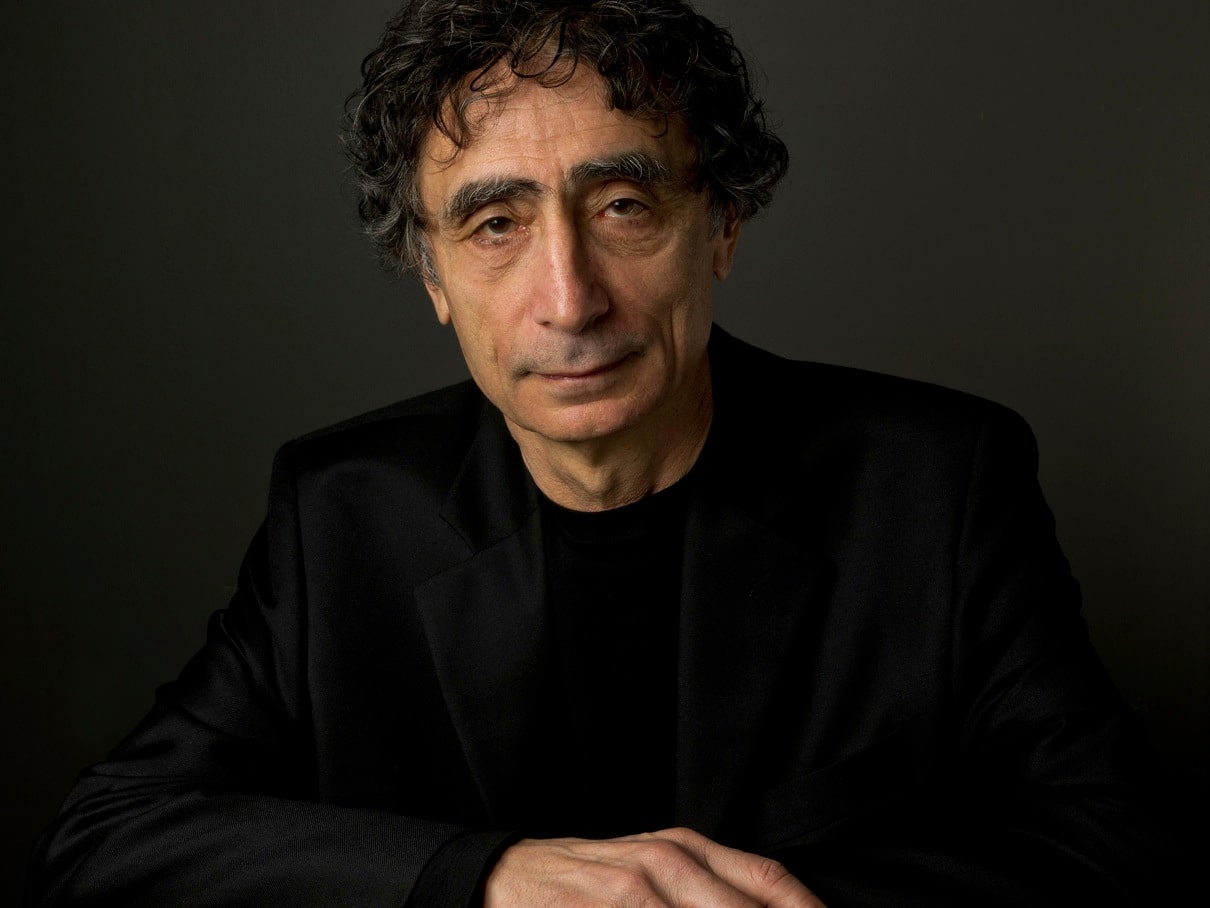
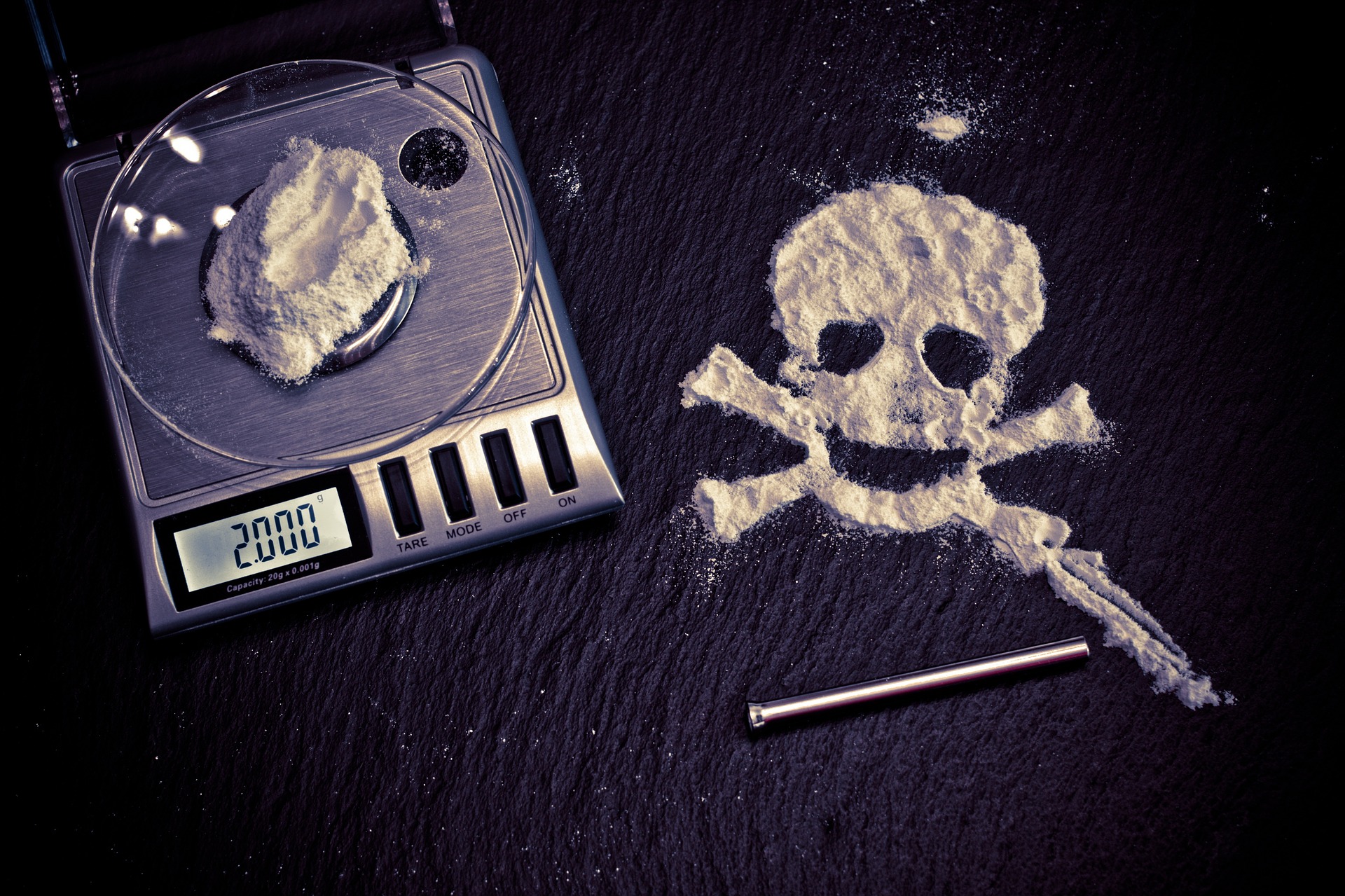
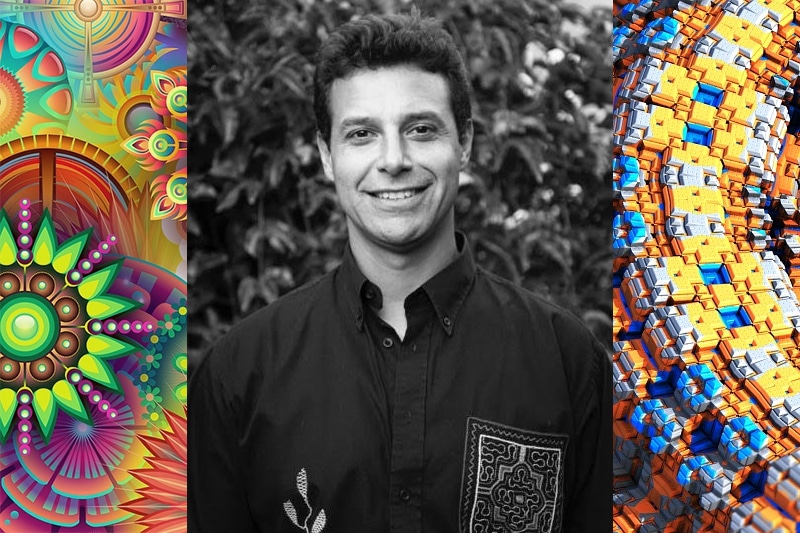
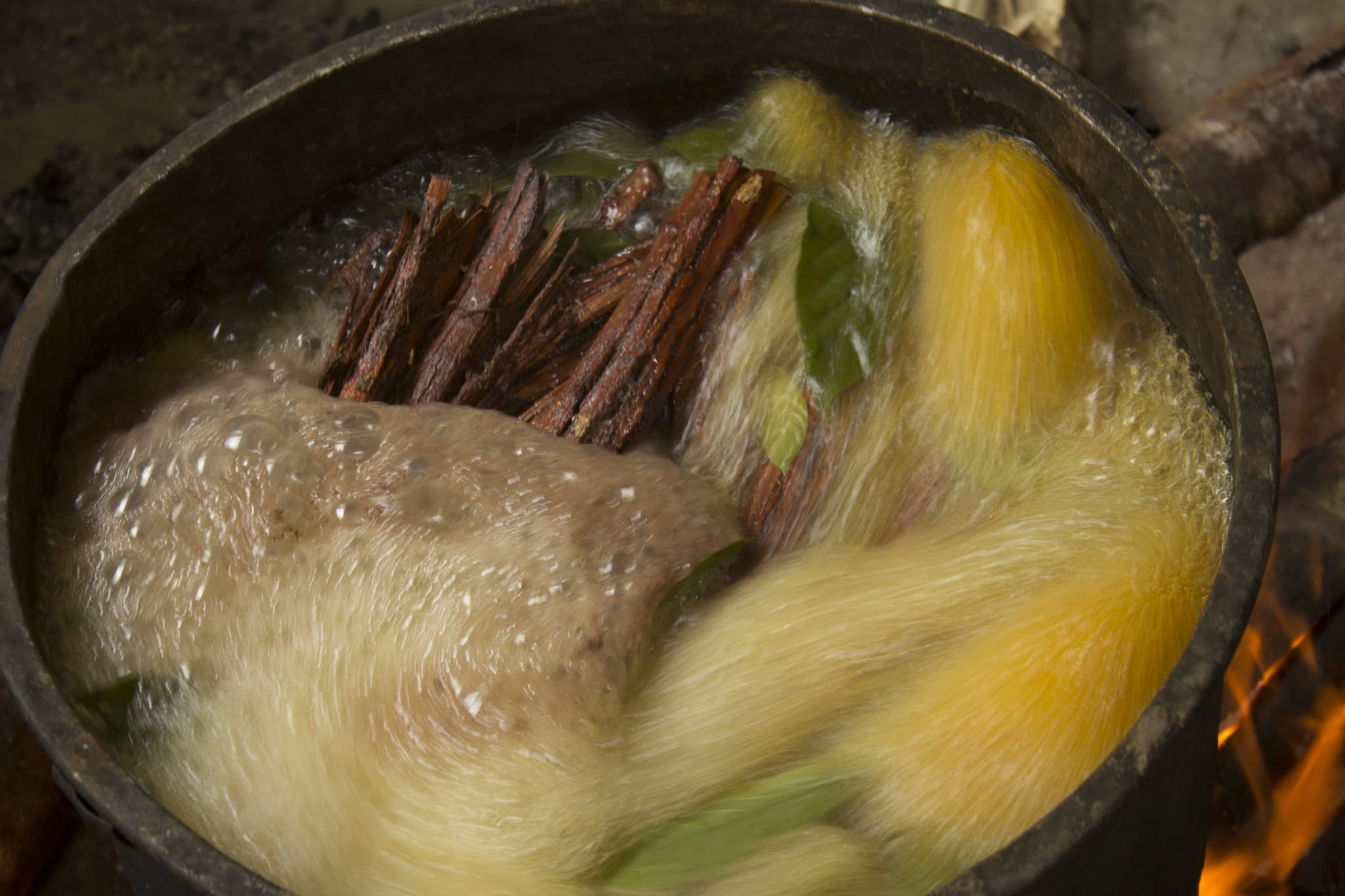
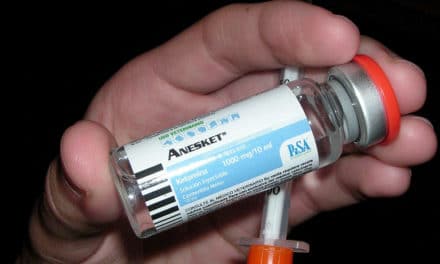





Roger R. Terrific writing that completely captures Dr. Mates beliefs and the promise of psychedelic therapy.